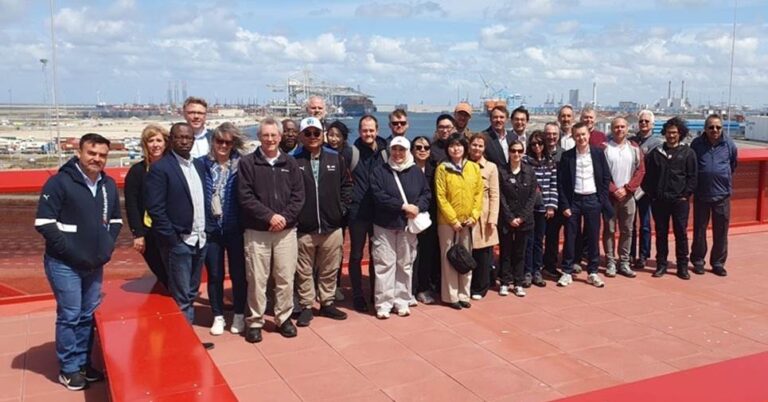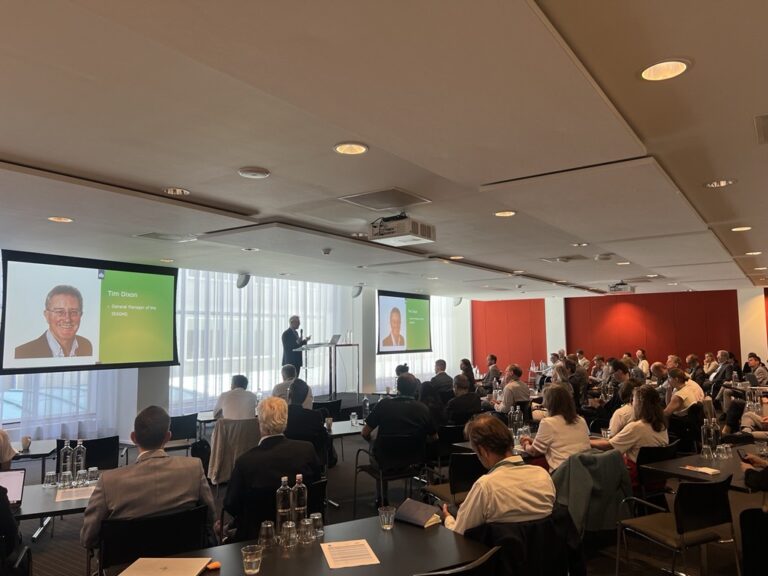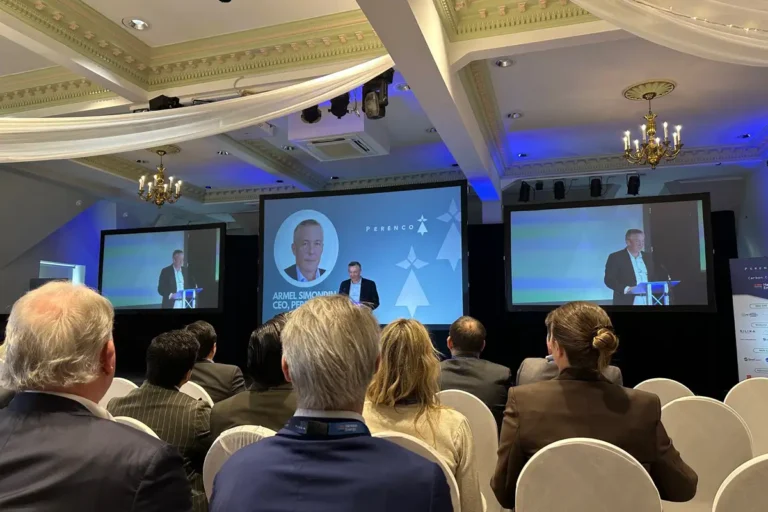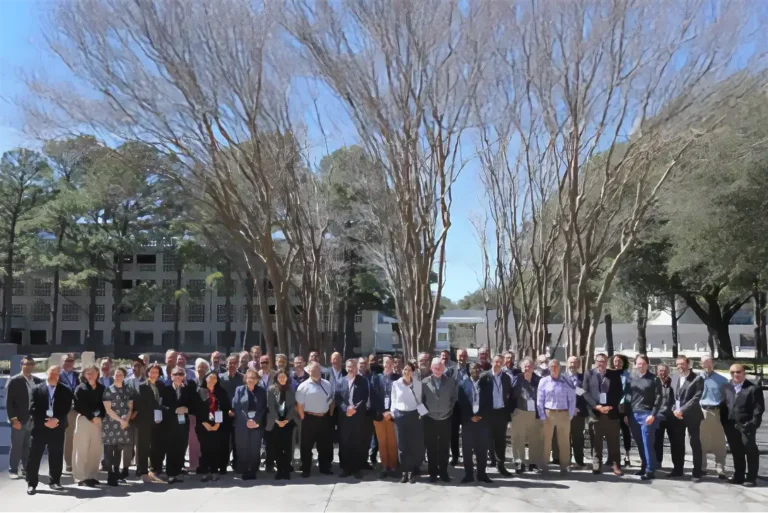
GHGT-15 – Session 3C, Panel discussion 1: ‘New business models’
16 March 2021

On the first day of IEAGHG’s GHGT-15 conference, Monday 15th March, the first in a series of engaging panel discussions was held. Chaired by Lourdes Vega (Khalifa University), this panel aimed to address the impact and effectiveness of new business models to stimulate investment in CCUS, considering that new business models may mean new ways of doing things, or learning from other areas. The panel also addressed the role that governments can play in the development and launch of these new business models and specifically discussions broached the new business models currently taking off in the US, stimulated by the 45Q tax credit.
Panellists Richard Esposito (Southern Company), Michael L. Godec (Advanced Resources International Incorporated), Beth Hardy (The International CCS Knowledge Centre) and Philip Llewellyn (Total) began with discussing current business models. Such models, like 45Q or the California Low Carbon Fuel Standard (LCFS), play an important role and drive people to look at how incentives can be used and are crucial in enabling CCS to scale up and move forward. There are a number of things happening in the US at the moment to enhance credit and so new business models are evolving – and rapidly. As more projects are undertaken, more lessons will be learnt, more knowledge shared and so business models will become clearer over time. Each and every business model will have different characteristics, just as every sector (such as power, or industry etc.) is different and will therefore need different models to help facilitate deployment.
CCS is an essential tool to meet our climate targets, and it’s not only grants and incentives that will motivate projects, but also learning and the impact on emissions; the development of just one project makes a mark. It was recognised that confidence is needed in the risk profile of CCS projects and acceptability is still an issue, particularly with onshore storage in Europe.
Business models in CCS should be built around technologies; they are technology-specific and not one will fit all situations. Different models will work differently for different sectors – oil and gas will be different to electricity, which will be different to industry – and it’s crucial for sessions like this panel to inform the various parties and help continue the dialogue. Carbon pricing is going to be very important as business models continue to develop over time and more engagement will be needed with the investment sector to move forward. It was emphasised again that CCS is not just a solution that can be bought ‘off the shelf’; one size does not fit all and the solutions will be integrated, with diversity in sections of the value chain (capture, transport and storage). Factors such as regional specificities are also important to consider in the development of CCS business models and governments will be needed to not create the business models, but to consider taking on project risk, or facilitating integration of countries and projects to help facilitate wide scale technology deployment.
You can register for the GHGT-15 Virtual Conference here: https://sprintexpo.eventsair.com/ghgt21/reg/Site/Register

Other articles you might be interested in
Get the latest CCS news and insights
Get essential news and updates from the CCS sector and the IEAGHG by email.
Can’t find what you are looking for?
Whatever you would like to know, our dedicated team of experts is here to help you. Just drop us an email and we will get back to you as soon as we can.
Contact Us NowOther articles you might be interested in
Get the latest CCS news and insights
Get essential news and updates from the CCS sector and the IEAGHG by email.
Can't find what you are looking for?
Whatever you would like to know, our dedicated team of experts is here to help you. Just drop us an email and we will get back to you as soon as we can.
Contact Us Now









